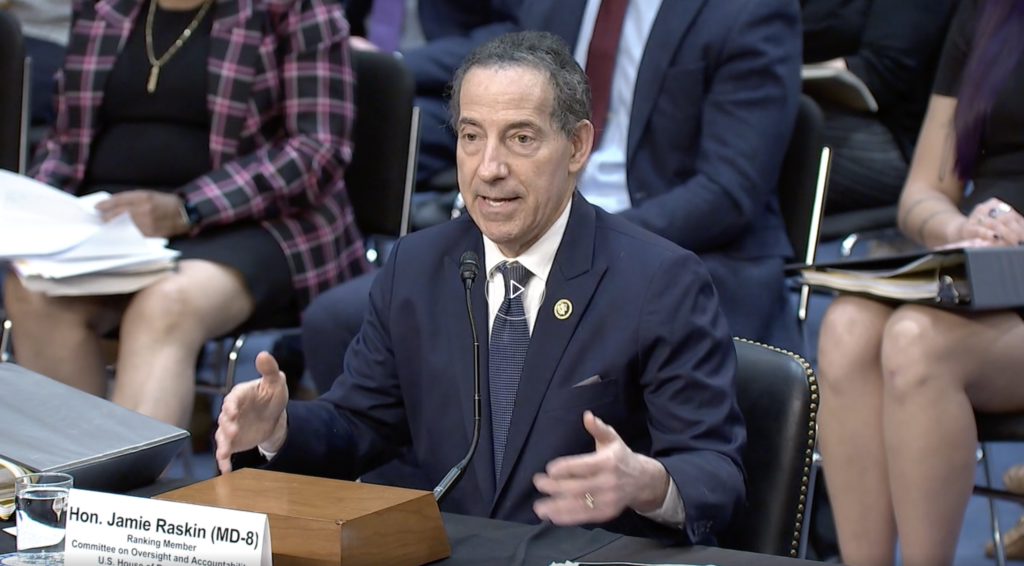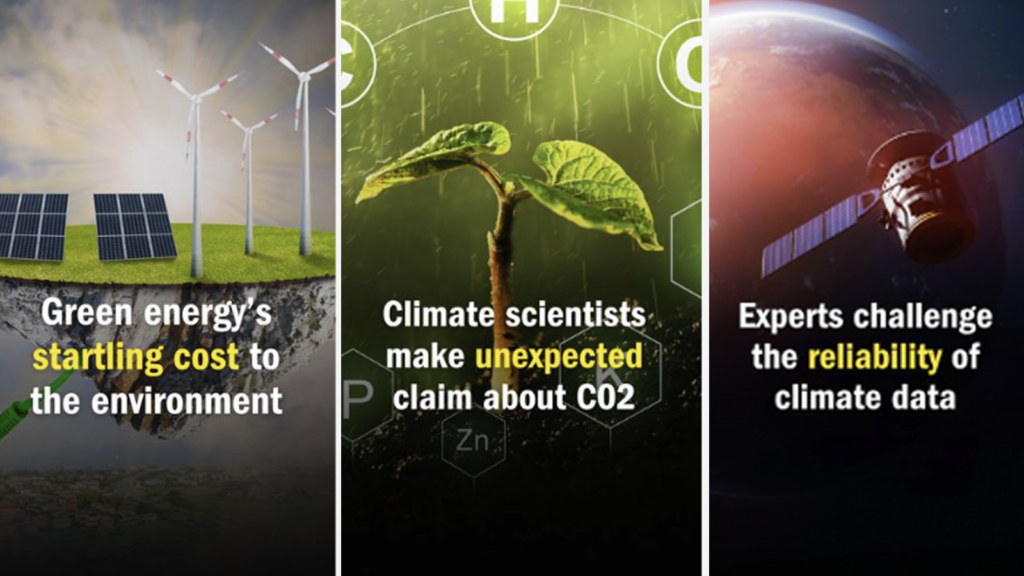We’re pausing on this sunny (at least in Vancouver) Monday to ask you an important question: how could we improve DeSmogBlog? Whether you’re a veteran reader with tons of comments, or a new visitor, take a moment and help us make the site better.
Your feedback can be about the site’s content:
- More politics or less politics?
- More international news or more of a Canadian focus?
- More science or less science?
- More solutions and positive stories, or more debunking of climate change skeptics?
- Or anything else you can think of?
Or you can tell us about the site’s design and structure:
- Do you want more rich media, like audio and video?
- Is the home page too busy?
- Should we, I don’t know, make the site pink and blue?
Anything goes. Of course, we’re not making any promises to make the site purple and all about salamanders, but we’ll take every suggestion under consideration.
(Thanks to Oberazzi for the photo).
Subscribe to our newsletter
Stay up to date with DeSmog news and alerts






